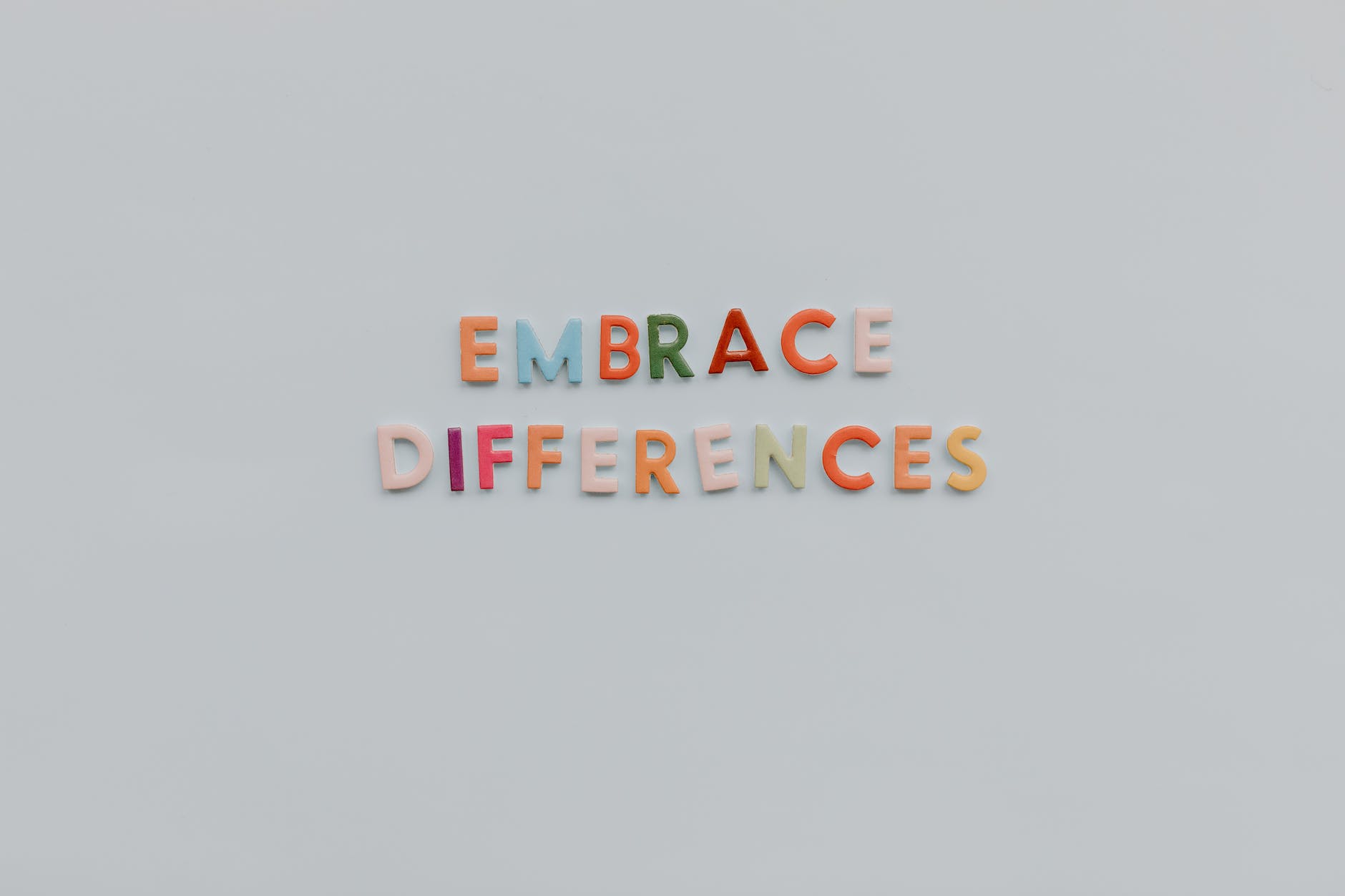Understanding Neurodiversity: Embracing Our Differences
By Kayla Ivory
In the array of human experiences and identities, there exists a beautiful spectrum of minds, each unique and valuable in its own right. However, it’s common for some individuals to feel like they don’t quite fit into society’s standard mold. This feeling of being different or misunderstood may stem from being neurodivergent.
But what exactly does it mean to be neurodivergent?
Neurodivergence refers to the natural variation in how our brains are wired and how we perceive the world around us. It encompasses a range of neurological conditions such as autism, ADHD (Attention Deficit Hyperactivity Disorder), dyslexia, Tourette syndrome, and others. Being neurodivergent simply means that one’s brain functions and processes information differently from what is considered typical.
For instance, someone with ADHD might find it challenging to focus for long periods or may have difficulty with organization and time management. Meanwhile, individuals on the autism spectrum might experience differences in social communication and interaction, as well as sensory sensitivities.
It’s essential to understand that being neurodivergent is not a flaw or a disorder; it’s a natural variation of human cognition. Just like how each person has their own set of strengths and weaknesses, neurodivergent individuals have unique abilities and perspectives to offer.
In fact, many renowned figures throughout history and today, from Albert Einstein to Elon Musk to Justin Timberlake, have been neurodivergent. Their exceptional talents and contributions serve as powerful reminders of the richness of neurodiversity.
Unfortunately, stigma and misconceptions surrounding neurodivergence persist in society. People may face discrimination, bullying, or marginalization simply because their brains work differently. This can take a toll on their mental health and self-esteem.
That’s why it’s crucial for us to foster an environment of acceptance and inclusion. Instead of trying to force everyone into a narrow definition of “normal,” we should celebrate our differences and embrace neurodiversity as an integral part of the human experience.
In schools, workplaces, and communities, we can create supportive environments where neurodivergent individuals are valued for their unique perspectives and talents. This might involve providing accommodations such as extra time on tests for students with dyslexia or creating quiet spaces for individuals who are sensitive to noise.
Moreover, education and awareness play a key role in challenging stereotypes and promoting understanding. By learning about neurodiversity and the experiences of neurodivergent individuals, we can foster empathy and compassion.
If you or someone you know is neurodivergent, remember that you are not alone. There are resources and support networks available to help you navigate challenges and celebrate your strengths. Seeking therapy can also provide a safe space to explore your identity and develop coping strategies.
In conclusion, neurodiversity is a beautiful aspect of human variation that should be celebrated and embraced. By promoting acceptance and understanding, we can create a more inclusive and compassionate world for all.

View comments
+ Leave a comment